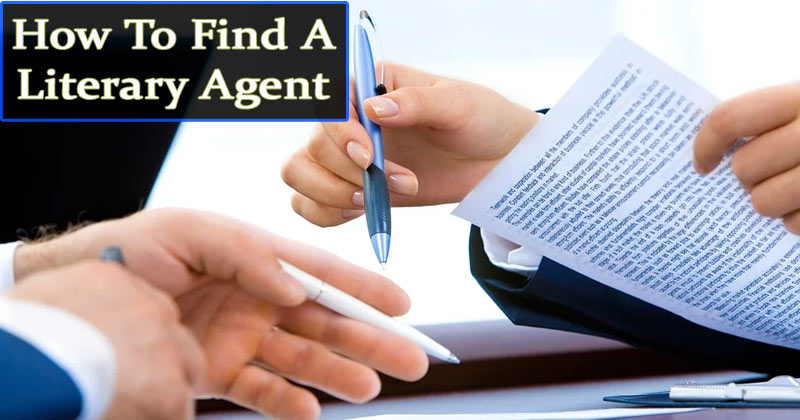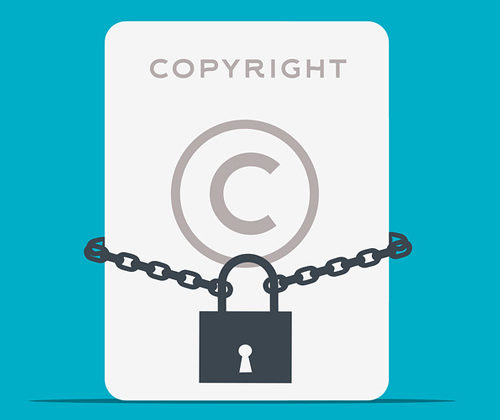
Most first-time authors wish to find a literary agent as soon as they finish writing their book. It’s understandable as well. Now that you’ve completed a manuscript to the best of your ability, it deserves to be read by its target group. An all-important agent who could be your key to accessing the world of traditional publishing is on everyone’s Wishlist. So in your quest of how to find a literary agent you have to do thorough research and judiciously choose the one that is more relevant to your genre.
Why do you need a Book Agent?
If you’re a fiction author, the need for an agent becomes all the more important. Nearly all fiction authors do require the services of a literary agent/Book agent if their book is to be produced by a traditional publishing house. It also applies to some forms of general non-fiction too- such as histories, memoirs, and biographies.
How to get a literary agent
Finding the best agent for your book is easier said than done. Cold-calling every agency doesn’t help much either. To find the right literary agent for your book, you’ll have to be your own best advocate. It essentially means putting in the time and effort to carefully research agents and their agencies, submission guidelines, and Wishlist.
A step-by-step guide on how to get a literary agent:
1. Research your agents:
Most agents are eager for their ideal candidate to reach out to them. It becomes important for an author to find who these agents are how best to get through them. There is a list of agents published extensively online. You as an author need to go through such a list, shortlist them and then start approaching individuals from thereupon. One can access Publishers Marketplace although it comes costly. Browsing through the acknowledgments section of books similar to yours is another way to find the relevant agents rightly suited for you. Even a simple Google search can give you the clues and hints for your future agents.
2. Assess an agent’s suitability:
Has the agent represented books in your genre? Are they currently available and open to queries? How does their track record look like? Who all are there on their client list? Fortunately, all the answers to your queries can be found on the agency website. The compatibility with an agent is another aspect you as an author have to think over. Irrespective of the norm, it is advisable to avoid anyone who asks for an upfront fee. An agent asking for a pre-emptive payment is not trustworthy and is illegitimate.
3. Standardize and Personalize the Query Letter:
A good agent is usually flooded with a never-ending pile of letters from authors seeking representation. To make sure your query letter makes the cut and is even read, you should read the agent’s submission guidelines to know what they want in terms of formatting and sample chapters. You will normally want to contact many agents, so it’s advisable to create a standard query letter for everyone. However, if you can personalize each letter it will help you truly stand out.
4. Follow up:
Often the literary agent is flooded with the queries and he may not be able to answer every one of the queries. If you don’t hear back within the first few weeks, it’s not improper to follow up and ask whether your query was lost in the pile. The agent may revert to seeing a follow-up that he might have overlooked by mistake. Normally an agent tells upfront the time it will take him to pursue the particular query.
Suggested Read – Book Promotion Services: The Art and the Science
5. Don’t decide on the first offer:
So an agent likes your manuscript and shows an inclination. What next then? Often, the two of you will discuss how the agent might help develop your book and career, and then they will offer you representation. So far so good. But don’t just jump the guns and research a bit on the particular agent and approach other similar agents to properly assess them.
So be patient, stay candid, and don’t rush into any decisions. Since you only get one shot when you’re querying an agent, make sure you hit it right. If you remain patient and determined in your quest of ‘how to get a literary agent,’ you’ll find your long-term business partner and creative soulmate sooner rather than later.






